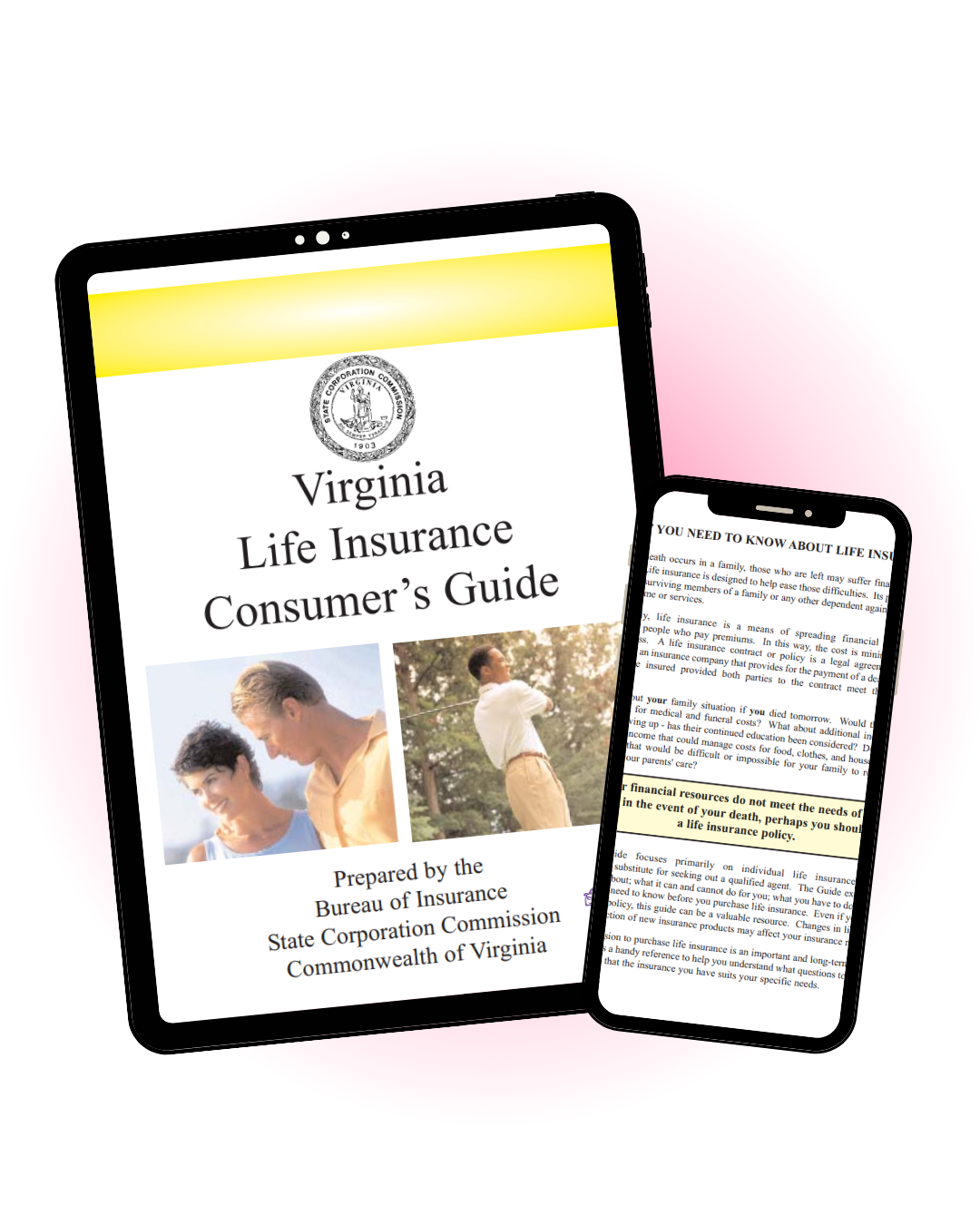Life Insurance
Protect the people who matter most.
From funeral costs to future expenses, life insurance helps provide financial security for your loved ones.

Life Insurance
Protect the people who matter most.
From funeral costs to future expenses, life insurance helps provide financial security for your loved ones.

QUICK QUOTES
Get a personalized life insurance quote now.
QUICK QUOTES
Get a personalized renters insurance quote now.
Types of Life Insurance We Offer
What Condo Insurance Covers

Term Life Insurance
Affordable option with coverage for a set term (10, 20, 30 years).
Pays a benefit if you pass away during the policy period.
Great for families needing income replacement or coverage for specific debts like a mortgage.
Whole Life Insurance
Provides lifelong protection with fixed premiums.
Builds cash value you can borrow against.
Useful for long-term planning and leaving a legacy.


Universal Life Insurance
Permanent coverage with flexible premiums and death benefits.
Cash value can grow and support changing needs.
Designed for people wanting adaptable, lifelong protection.

FREE GUIDE
Protect Your Loved Ones with Confidence
Life insurance is more than a policy—it’s peace of mind. Our Life Insurance Consumer’s Guide, prepared by the Virginia Bureau of Insurance, helps you understand how life insurance can safeguard your family’s financial future. Inside, you’ll learn:
The difference between term and permanent life insurance, and when each makes sense
How to identify your true coverage needs and calculate the right amount of protection.
Key policy terms like beneficiaries, cash value, and riders—explained in plain language.
How annuities, endowment insurance, and living benefits (like cash value and accelerated benefits) may fit your long-term goals.
What to look for when buying a policy, comparing quotes, and choosing settlement options.
Types of Life Insurance We Offer

Term Life Insurance
Affordable option with coverage for a set term (10, 20, 30 years).
Pays a benefit if you pass away during the policy period.
Great for families needing income replacement or coverage for specific debts like a mortgage.

Whole Life Insurance
Provides lifelong protection with fixed premiums.
Builds cash value you can borrow against.
Useful for long-term planning and leaving a legacy.

Universal Life Insurance
Permanent coverage with flexible premiums and death benefits.
Cash value can grow and support changing needs.
Designed for people wanting adaptable, lifelong protection.

FREE GUIDE
Protect Your Loved Ones with Confidence
Life insurance is more than a policy—it’s peace of mind. Our Life Insurance Consumer’s Guide, prepared by the Virginia Bureau of Insurance, helps you understand how life insurance can safeguard your family’s financial future. Inside, you’ll learn:
The difference between term and permanent life insurance, and when each makes sense
How to identify your true coverage needs and calculate the right amount of protection.
Key policy terms like beneficiaries, cash value, and riders—explained in plain language.
How annuities, endowment insurance, and living benefits (like cash value and accelerated benefits) may fit your long-term goals.
What to look for when buying a policy, comparing quotes, and choosing settlement options.
Frequently Asked Questions
Why do I need life insurance?
Life insurance ensures your loved ones can pay for funeral expenses, debts, and everyday living costs if you pass away unexpectedly.
What’s the difference between term and whole life insurance?
Term life covers you for a set period and is generally more affordable. Whole life lasts a lifetime, builds cash value, and has fixed premiums.
How does universal life insurance work?
It’s permanent insurance with flexibility—allowing you to adjust premiums and death benefits as your needs change.
How much life insurance do I need?
It depends on factors like your income, debts, dependents, and future goals. A common rule of thumb is 10–12 times your annual income.
Can life insurance help with more than funeral costs?
Yes. It can help cover ongoing bills, mortgage payments, college tuition, or even serve as an inheritance.
Are riders available for life insurance policies?
Yes. Options may include accelerated death benefits, child riders, or long-term care riders, depending on your policy.
Is life insurance expensive?
Term life is often very affordable, especially when purchased young and healthy. Whole and universal policies cost more but offer lifelong benefits.
How often should I review my life insurance policy?
Review your policy after major life events like marriage, having children, or buying a home to ensure your coverage matches your needs.
